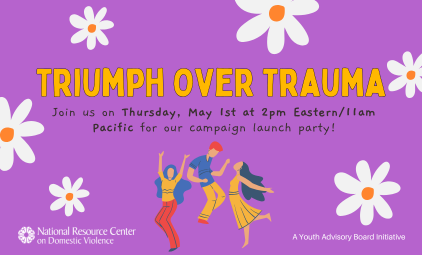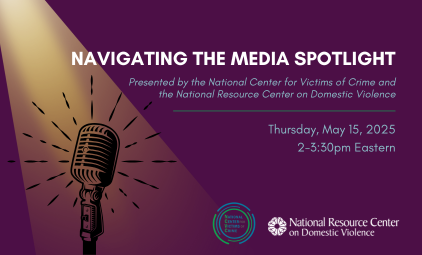There is a strong interest and movement towards collaboration in the victim services field. A critical analysis of collaboration efforts that involve culturally specific organizations, however, shows they often amount to little more than a referral network, function independently, and centralize leadership and control. Traditional collaboration concepts fail to critically examine how power is conceptualized, activated, and institutionalized in the United States. This leads to a frequent and pervasive exclusion of culturally specific organizations that perpetuates inequities; even in projects intended to address them. This publication will help expose the subtle, yet insidious mechanisms that lead to the marginalization of people of color and culturally specific organizations, offer strategies to resist these mechanisms, and provide recommendations to transform collaborations into equitable partnerships.














